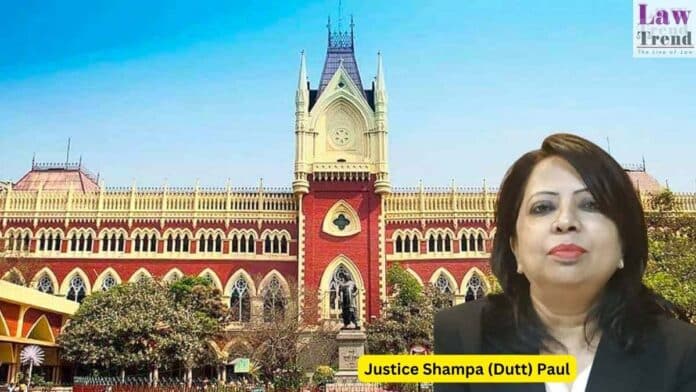In a noteworthy judgment, the Calcutta High Court quashed criminal proceedings against an alleged second wife under charges of cruelty, bigamy, and other offenses. Justice Shampa Dutt (Paul), presiding over the matter in Criminal Revision Petition (CRR) No. 2287 of 2023, held that a second wife cannot be made liable for cruelty under Section 498A
To Read More Please Subscribe to VIP Membership for Unlimited Access to All the Articles, Download Available Copies of Judgments/Order, Acess to Central/State Bare Acts, Advertisement Free Content, Access to More than 4000 Legal Drafts( Readymade Editable Formats of Suits, Petitions, Writs, Legal Notices, Divorce Petitions, 138 Notices, Bail Applications etc.) in Hindi and English.




